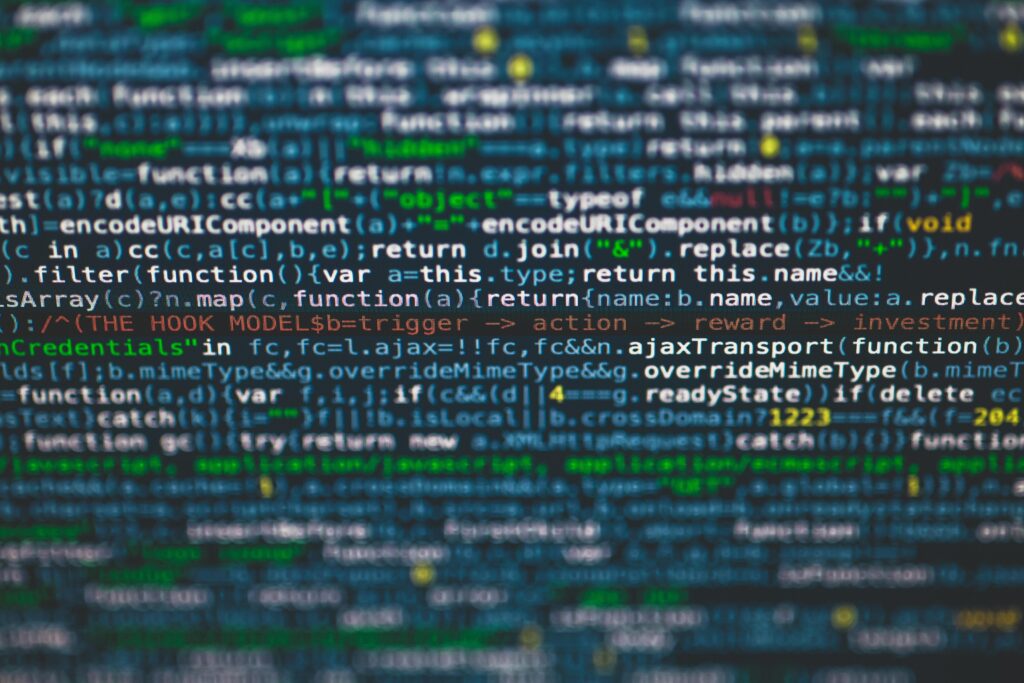Introduction
In 2025, the software development landscape is undergoing a significant transformation, largely due to the integration of Artificial Intelligence (AI) code assistants. These advanced tools are revolutionizing how developers write, debug, and optimize code, leading to increased efficiency and productivity. This article delves into the rise of AI code assistants, their benefits, challenges, and the future they herald for the programming world.
The Emergence of AI Code Assistants
AI code assistants are sophisticated tools that leverage machine learning and natural language processing to assist developers in writing code. They can suggest code snippets, detect errors, and even generate entire functions based on textual descriptions. According to Exploding Topics, the search interest for “AI code assistant” has seen a remarkable 9,200% growth over the past five years, indicating their rapid adoption and significance in the tech industry.
Benefits of AI Code Assistants
- Enhanced Productivity: Developers can code faster with real-time suggestions and auto-completion features, reducing the time spent on routine tasks.
- Error Reduction: By identifying potential bugs and syntax errors on-the-fly, AI code assistants help in minimizing mistakes, leading to more robust software.
- Learning Support: For novice programmers, these tools serve as educational aids, offering guidance and best practices in coding.
- Code Consistency: They promote standardized coding practices across teams, ensuring uniformity and maintainability in codebases.
Popular AI Code Assistants in 2025
Several AI code assistants have gained prominence in 2025, each offering unique features:
- GitHub Copilot: Developed by GitHub in collaboration with OpenAI, Copilot provides code suggestions in real-time, supporting multiple programming languages.
- Codeium: Known for its speed and accuracy, Codeium offers AI-powered code completion and search functionalities.
- Tabnine: Utilizing deep learning models, Tabnine predicts and suggests code snippets, enhancing coding efficiency.
Challenges and Considerations
While AI code assistants offer numerous advantages, they also present certain challenges:
- Over-reliance: Developers might become overly dependent on these tools, potentially hindering their problem-solving skills.
- Security Concerns: Integrating AI tools requires access to codebases, raising potential security and privacy issues.
- Accuracy Limitations: AI-generated code may not always align with the developer’s intent, necessitating thorough reviews.
The Future of AI in Software Development
The trajectory of AI code assistants suggests a future where AI and human developers collaborate seamlessly:
- Advanced Debugging: Future AI tools could predict and fix complex bugs autonomously, further streamlining development.
- Personalized Learning: AI could tailor coding tutorials and resources based on individual learning styles and progress.
- Integration with DevOps: AI assistants might integrate deeply with DevOps pipelines, automating testing, deployment, and monitoring processes.
Conclusion
The rise of AI code assistants in 2025 marks a pivotal shift in software development. By enhancing productivity, reducing errors, and fostering learning, these tools are becoming indispensable in the programmer’s toolkit. However, it’s crucial to balance their use with human oversight to mitigate challenges and fully harness their potential. As AI continues to evolve, the symbiotic relationship between developers and AI promises a future of innovative and efficient software solutions.



